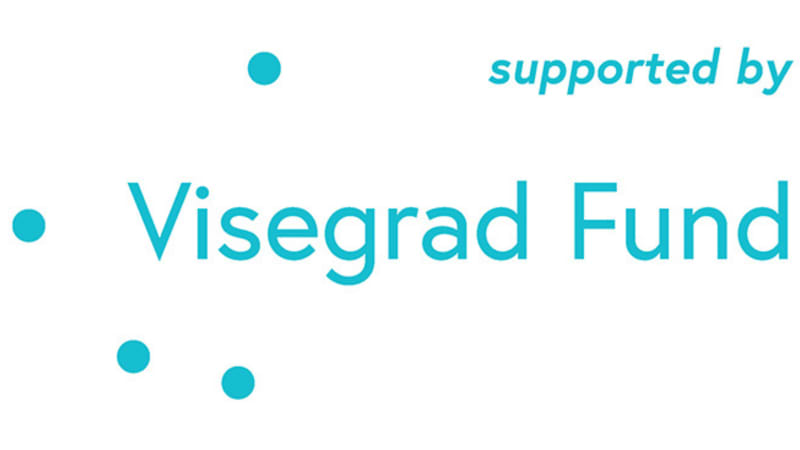Announcement on the Round Table for ‘Comparing Responses to the COVID-19 Pandemic: Alternative Leadership Styles in the V4’

Back in December 2021, a team of AAU Faculty (led by Prof. Milada Polišenská) received a grant from the International Visegrad Fund* for their project “Comparing Responses to the COVID-19 Pandemic: Alternative Leadership Styles in the V4“. The project addresses two questions: What has the response been to the COVID pandemic among the V4 leaders?; and How can an adaptive leadership approach better aid the V4 societies to navigate the health and societal effects of this and future pandemics? As of now, the various teams involved have come together to extensively discuss, share and analyze their methods, approaches, and unique contributions to this exciting project.
On April 29 2022, the four-country teams for the International Visegrad Fund project on Comparing Responses to the COVID-19 Pandemic – Alternative Leadership Styles in the V4, led by AAU, met via Zoom to discuss their individual findings as well as their next steps towards turning their research into a monograph. After half a year of work, the teams came together to share in detail their methods, approaches, and unique contributions to the project. The individual results, as well as the group exchange, are very encouraging. Each team had a slightly different approach and slightly different main focus, all while keeping an eye on the broad role of leadership involving the respective governments. This has led to both fascinating country-specific information as well as field-relevant findings on the role of leadership styles in the pandemic.
Two broad categories of findings are the relationship of the governments to the broader society and the function of decision-making within the respective states. The four Visegrad states had already been facing challenges to their democratic systems before the pandemic. These challenges have, obviously, carried over into the pandemic in different ways and led to different consequences. Additionally, internal and external political influences have led to country-specific challenges and processes to address the pandemic. These range from a broad “classic” dilemma of “health vs economy” decision-making focus, as well as more nuanced foreign and domestic political considerations.
The result of the round table was a recognition of the clearly valuable work of each country’s team in providing unique information and analyses that will help towards the development of a monograph examining leadership in the region. The second half of the round table was dedicated to the practical components of this meta-analysis, and the discussion of the further necessary steps. The project group is expecting to submit the manuscript for publication by the end of Summer 2022.
Do you want to get involved? The Visegrad project team would like to announce that part of the project is a competition for the best BA thesis and MA thesis on the topics of leadership and governance in and among the V4 states.
*The project is co-financed by the Governments of Czechia, Hungary, Poland, and Slovakia through Visegrad Grants from International Visegrad Fund. The mission of the fund is to advance ideas for sustainable regional cooperation in Central Europe.
– Insights provided by George Hays II